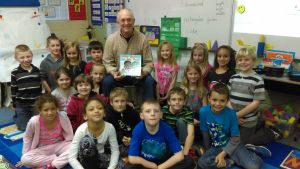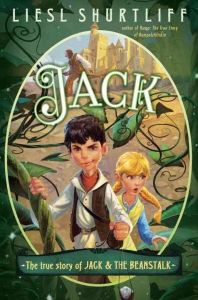Mark your calendars for September 30th! The statewide Books-A-Million book fair benefiting Read Aloud West Virginia will return in ten West Virginia locations.
Customers visiting BAM stores on Saturday, September 30th, can donate 10 percent of their total purchase to benefit reading programs across the state. Individual stores will also host story times, and Read Aloud volunteers will visit with customers throughout the day.
Due to the hard work of Read Aloud volunteers, last year’s event was a huge success and provided the opportunity to have the event again this year!
“Based on last year’s book fair, Books-A-Million stores in West Virginia are honored to be working with Read Aloud West Virginia again,” said BAM District Manager Ed Reidy. “We understand the importance of creating a love for reading in our children. The Read Aloud organization, through their various programs, combined with their reach into almost every West Virginia county, presents the perfect partnership.”
Advertising for the book fair can be seen on social media, the Read Aloud website and flyers in the BAM stores a week before the event. Please help Read Aloud share the news of this great event! It is extremely important to bring as many people into the participating BAM stores as possible.
“Read Aloud volunteers and board members are welcome to share information about the book fair on social media.” Reidy said. “The more customers coming to shop that day, the better it is for the organization.”
So, PLEASE, on September 30, go to your local Books-A-Million and make a purchase! You can pick up birthday or early Christmas gifts while there and help Read Aloud in the process. Read Aloud hopes that through the work of volunteers across the state and attendance by people like you, this year’s fair will be an even greater success!










 I read this to a group of 2nd-5th graders for the Read Aloud organization. It was a fun adventure tale, but couched within it are great lessons for kids regarding worth, value, and the nature of money.
I read this to a group of 2nd-5th graders for the Read Aloud organization. It was a fun adventure tale, but couched within it are great lessons for kids regarding worth, value, and the nature of money.